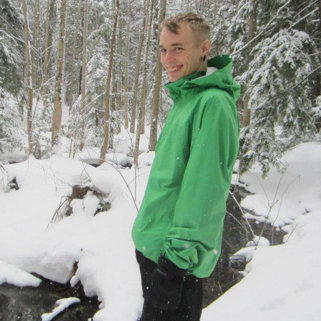Degree
MA (Master of Arts), Recreation and Leisure Studies
Thesis title
Tracking Denesoline Knowledge and Narratives along Ancestral Waters
Year of defence
2019
Abstract
The south slave region of the Great Slave Lake in the Northwest Territories of Canada is the home of the Łutsël K’é Dene First Nation (LKDFN) (Pelly, 1996). Like many Indigenous communities across Canada, the Denesoline relationships with their ancestral lands have become increasingly more vulnerable due to ecological, and sociological changes occurring in the sub-arctic regions of Canada (Holmes et al, 2016; Asfeldt & Henderson, 2010; Pelly 1996). Previous studies indicate how these changes affect the livelihoods of Denesoline communities but tend to ignore the contemporary spaces wherein Denesoline livelihoods are present. This study builds upon current literature by contextualising the positive and negative aspects of ecological and social change within the experiences of LKDFN representatives participating in a multi-day travel experience. This study illuminates Denesoline livelihoods in the present through the application of Northern, Indigenous, community-based research and by illuminating the knowledge through the narratives of land users, elders, and youth involved. The study’s principle aim has been to work in partnership with LKDFN representatives to document how traditional land-based knowledge and narratives can contribute to Dene self-determination, land and water governance, and cultural livelihoods.
Biography
